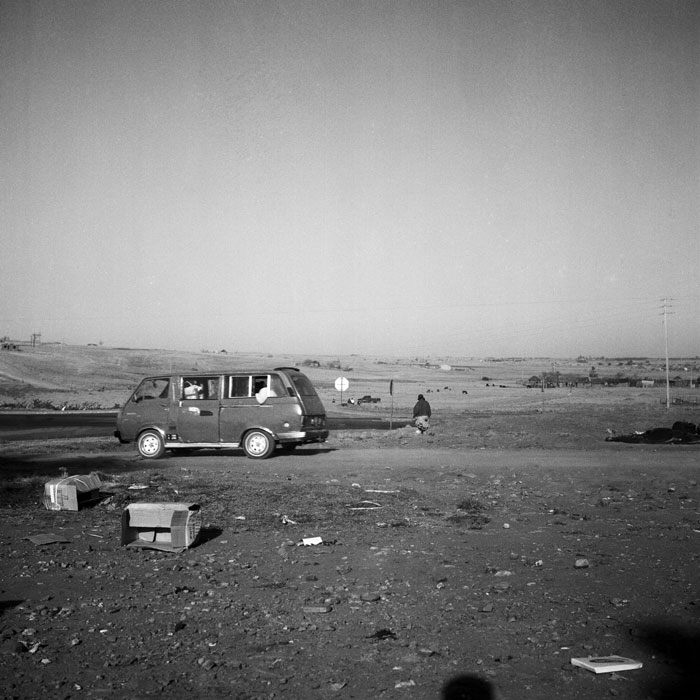The ‘Nonviolent Transition’ in South Africa

The American philosopher Lewis Gordon, in an essay on affirmative action:
There are those who praise South Africa for making the transformation to a supposedly post-Apartheid society nonviolently. Without violence? The many blacks (in the Black Consciousness conception) and their supporters who were killed, tortured and imprisoned; the many protesters harmed; the tanks; the guns; the dogs; the 3 AM knock on the door; the many instances of trauma, none of them count? What is hidden in this misguided notion, as with what is suppressed about racism and sexism in the anti-affirmative action rhetoric of reverse discrimination and qualifications, is this: in a white supremacist state, violence is only recognized if it is waged against whites.
So, the hysteria about crime, about insecurity in South Africa is, as no doubt everyone knows, similar to the same in the United States. Even when the actual figures of violent crime declined, incarceration of blacks was high, because there was, in effect, the criminalization of a people. As violent appearance, black visibility was criminalized.
An odd feature of post-colonial states is that criminalization of black populations doesn’t require white institutional leadership. In so-called black countries, the phenomenon is there and it is color dependent, where darker-skin blacks are the most criminalized. The reasons for this are manifold, but most amount to the near isomorphic relationship between closed social options and skin color as a legacy of racialized slavery and colonialism in the midst of post-colonial environments heavily invested in keeping capital in the hands of the former governing population.